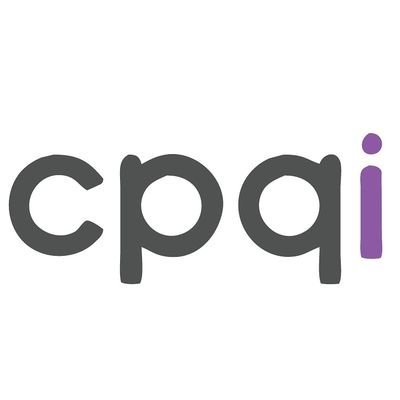


Keep this story going! Share below!
CPQi has invested in the local economy through investing in people, specifically, partnering with the local governments of north eastern Brazil, Pirambu Digital to assist in preparing youth for careers in technology, assisting local artisans in business and uplifting others. These partnered projects help in providing quality education and help create a sustainable economy.
While this innovation is one large project of investing in communities to create a sustainable economy, it can be broken down into smaller parts on how CPQi specifically assisted in the cause, education and work.
Their project in education takes place in the north eastern part of Brazil in impoverished neighbourhoods. CPQi has partnered up with Pirambu Digital which is an educational program targeting impoverished youth and assisting them in getting the education they need to start careers in technology. Through their partnership with Pirambu Digital, kids were also able to go abroad to places like the United States and India to learn more about technology.
Their project focusing work takes place in Morro Da Victoria Favela. CPQi worked with local governments to help local artisans build their business, from finding old sewing machines and fixing them for commercial use to helping educate the artisans on business practices and banking. From this project artisans established a business and in the case of the ones who received the sewing machines set up a sewing house that still operates today.
They also work with an institution called Instituto de Apoio ao Queimado to help burn victims reintegrate into society. Burn victims often struggle with self confidence from scarring but through donations of old clothes CPQi created a pop up event for the survivors. A person who understood fashion came in and give suggestions to the survivors on how to dress to feel more confident. As a result of this event some survivors were confident enough to return to work.

“I’m not ashamed to be a capitalist but I am ashamed of those who are capitalists but don’t share what they have. I think when you generate any sort of valuable resource, that resource must be used for the benefit of others.”
After working in large banks during the early days of offshoring CPQi had the idea to take the concept they saw in India and bring it to Latin America. They ended up picking Brazil as the country they wanted to employ from and went to the north eastern part of the country. Unfortunately, they found that Brazil didn’t have the critical mass that India did, where only about 60,000 people were studying computer science at any given time. CPQi then met with local government officials to see what they could do to bring on this critical mass. “The goal was to create high quality jobs” said CPQi, after meeting with government officials it was decided that making an investment into the city and its people, the creation of high quality jobs would help create the conditions needed for their original goal of critical mass.
These projects have created more long-term effects than anything. Many of these projects don’t have short term effects but ones that last a lifetime. Education and opportunity is not something that goes away once a person commits to it, but something that builds into something more over time. People being able to return to work or even start working because of resources provided to them is the single biggest long term effect that this innovation has brought about. To give a specific example, one of the burn victims went on to become an Instagram model after receiving help from the partnership between Instituto de Apoio ao Queimado and CPQi.
Through the actions of a company as a whole, changes the actions of those who make up the company. In this case, the actions of CPQi have cultivated a culture of kindness and care in their company. According to CPQi their employees have also taken part in smaller actions on their own volition. One example that was given was employees carrying extra money in their pockets for people on the streets. They explained that with less people on the streets it means that they thought less money being handed out to beggars from general good samaritans. Educating youth for technology careers creates a larger applicant pool for CPQi to hire from. Which goes back to their original goal of creating the critical mass that they saw in India.
Through these projects that make up this innovation there is a vast amount of benefit that has happened to society. Not only has the economy improved in a sustainable way from not just handing out money but teaching people how to use that money to help themselves. The lives of hundreds of people have been changed, from kids able to start careers previously unavailable to them to people being able to return to work after traumatic events that left them with highly visible scars. Just like a benefit to business, showing compassion for others and being willing to lend a hand creates a culture of kindness that will only grow with time and a continued willingness to help.
Get stories of positive business innovations from around the world delivered right to your inbox.
Terry Boyland, Founder

CPQi is a financial services company that provides managed software to some of the largest banks in the world. They also provide their customers with digital transformations through the use of AI.